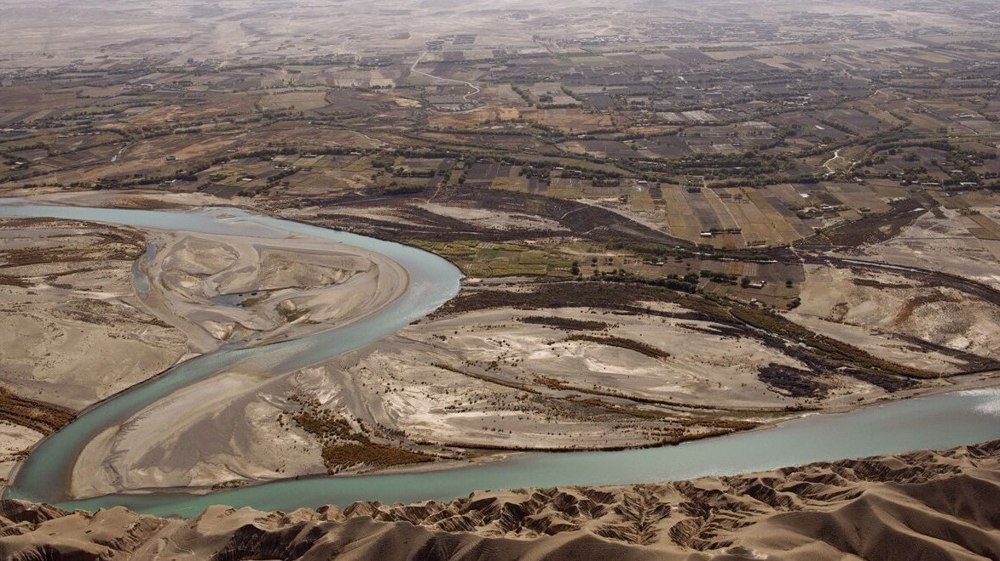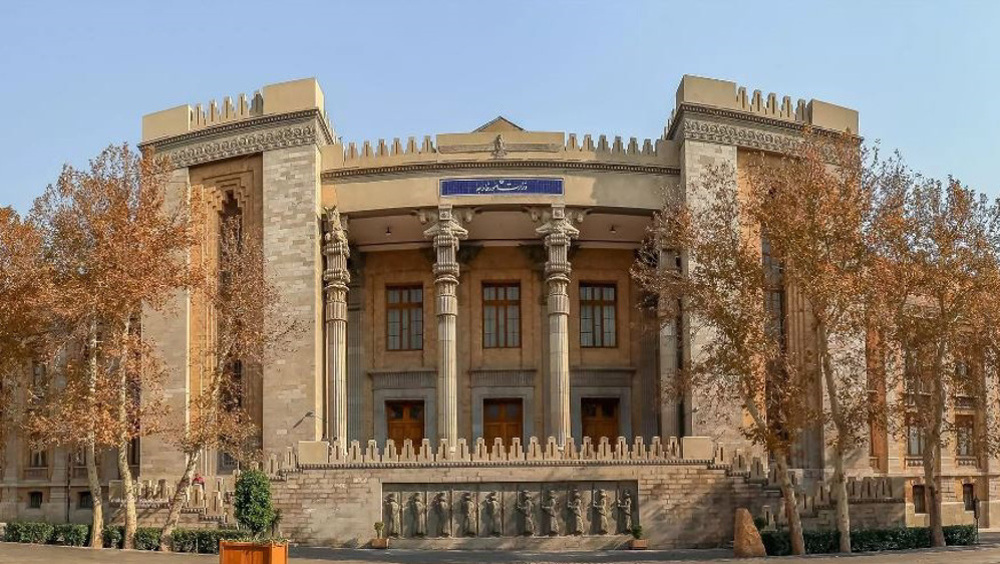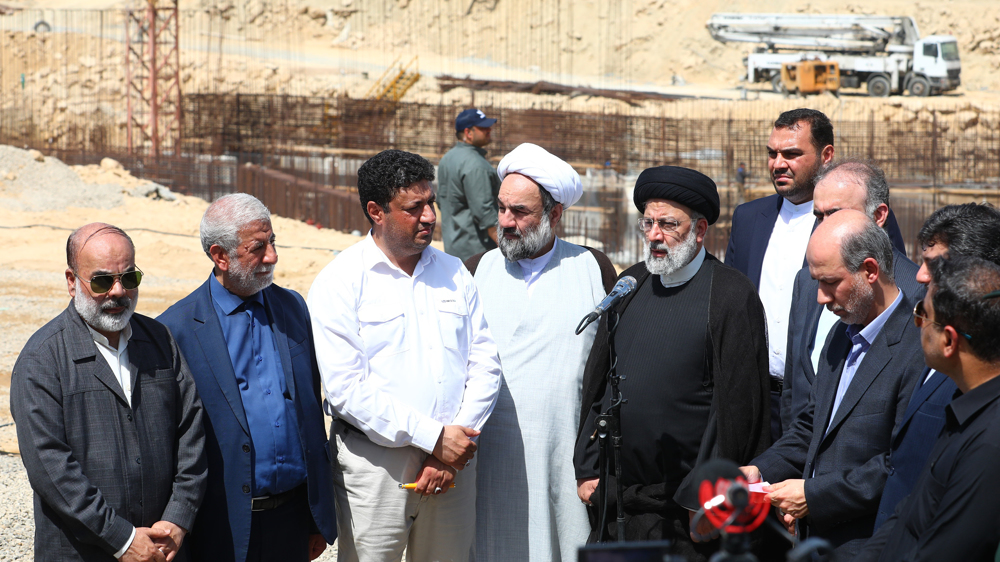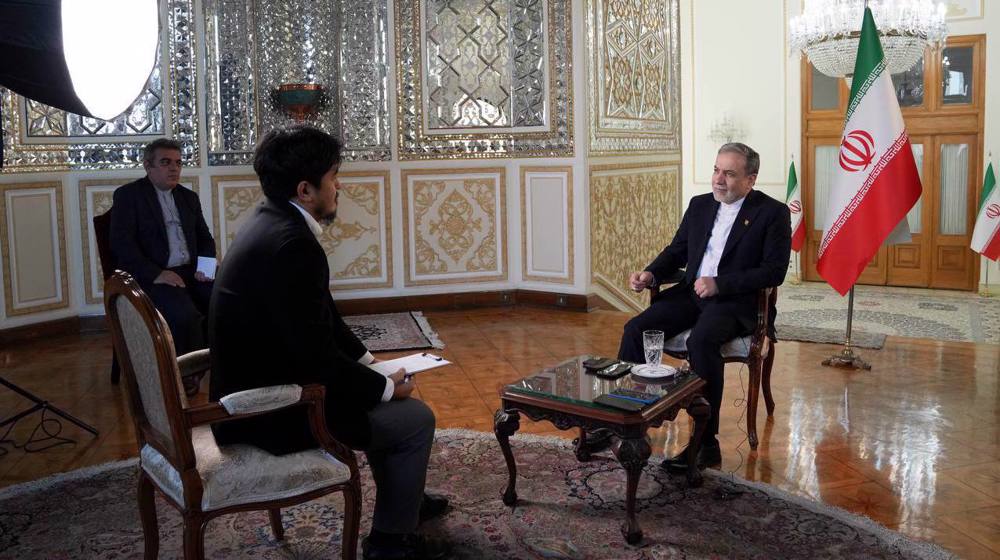Taliban must stand committed to 1973 Hirmand River water treaty with Iran: Envoy
Afghanistan’s Taliban government must adhere to the terms of a major water treaty and supply Iran with its share of water from the Hirmand River, says an Iranian diplomat.
Iran’s special representative for Afghanistan, Hassan Kazemi-Qomi, said on Friday the ruling authorities in Kabul have declared that the 1973 water-sharing treaty is an internationally binding accord, and that the change of regime in Afghanistan would not cancel the agreement.
He said that Taliban officials have acknowledged such a fact both in their official notes and within the course of negotiations with the Iranian side, and vowed to implement the terms of the water agreement with Iran.
They have attended several summits on the water treaty, a commission has been formed to administer the provisions of the accord and related measures have been taken as well, Kazemi-Qomi further noted.
The 1973 deal states that Afghanistan must yearly deliver 820 million cubic meters of water from the Hirmand River to Iran, he added, stating that ecosystem challenges in Afghanistan have not emerged overnight and have been going on over the past 15 to 16 years.
Hamuon and Hirmand wetlands have not dried up or become water scarce within the past one or two years, but rather have experienced such problems for more than a decade, Kazemi-Qomi said.
The phenomenon has severely affected Iran’s southeastern province of Sistan and Baluchestan, and Iranian officials are obliged to seriously pursue the agreement between the two nations and the specified amount of water agreed upon, the Iranian envoy said.
The senior Iranian official also said that satellite images point to the presence of sufficient amount of water in Afghanistan’s reservoirs. He said a technical team from Iran will travel to the country within the next few months to survey the situation and make preparations for water release into Iran.
Kazemi-Qomi underscored that water scarcity in Sistan and Baluchestan has adversely impacted farming in the area and resulted in a calamity, hoping that the release of Iran’s water share from the Hirmand River would help revive agriculture there.
The Hirmand River, the longest watercourse in Afghanistan, rises in the Hindu Kush Mountains west of Kabul and flows in an arc southwest until it empties out into the Hamoun wetlands, located in Iran’s Sistan and Baluchestan Province.
Following more than a century of rifts over Hirmand’s water supply, Iran and Afghanistan signed a treaty in 1973 to establish a means of regulating each country’s use of the river.
Iran should receive an annual share of 820 million cubic meters from Hirmand under the accord, which Afghanistan has grossly violated in letter and spirit, endangering the lives of many Iranians who rely on Hamoun wetlands for drinking water, agriculture, and fishing.
Afghanistan has also built dams on the Hirmand which have constricted the water flow into Iran.
Iranian officials and lawmakers have time and again complained that the country is not receiving its due share of water from the river.
Taliban ministers have blamed drought and technical issues for the low supply of water to Iran in the past months.
Iranian President Ebrahim Raeisi has already ordered the Foreign Ministry as well as the Energy Ministry to seriously pursue the dispute with Afghanistan over shared water resources.
US yet unwilling to engage in serious talks, must accept Iran’s right to peaceful nuclear energy: FM
VIDEO | Olympic flame travels through the streets of Rome and Vatican
Syria’s Alawite Council calls for general strike over HTS religious violence
Iranian boys’ team crowned champions at World U-21 Taekwondo
Pentagon chief under pressure to resign over Caribbean 'war crimes'
Iran’s economy expands slightly in H1 calendar year
Palestinian woman and son killed by Israeli fire in Gaza, bringing day’s death toll to eight
VIDEO | Press TV's news headlines












 This makes it easy to access the Press TV website
This makes it easy to access the Press TV website